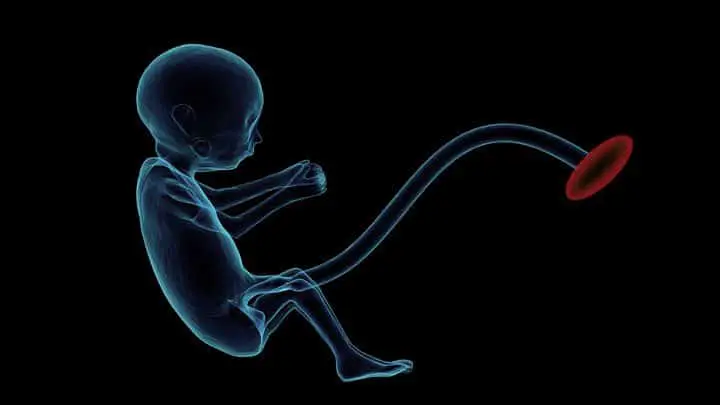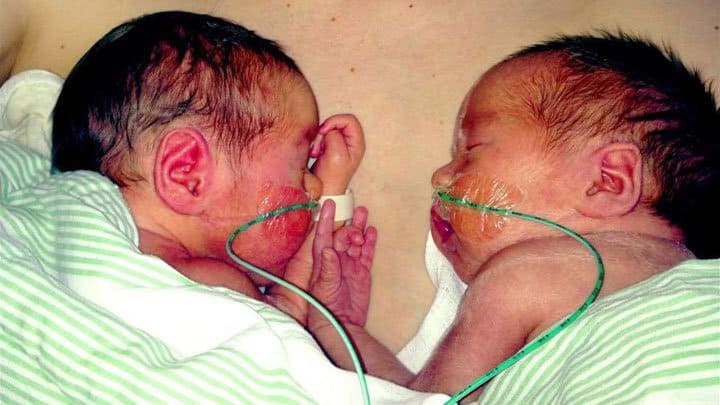Delivery at 37 Weeks Minimizes Risk of Stillbirth
A group of Korean researchers explore the risk of stillbirth and infant death in twin and triplet pregnancies. The aim was to compare the risk associated with each additional week of expectant management compared to immediate delivery in women expecting twins or triplets. The study was published in The Journal of Korean Medical Science in 2018. The journal is an international, peer-reviewed journal of medicine published weekly in English. The researchers did a retrospective cohort study of 94,170 multiple deliveries in Korea. The vast majority of the women participating in the study delivered twins. All women gave birth between 32 and 41 weeks.
Close monitoring after 34 weeks
The researchers found that the risk of stillbirth significantly increased between 34 and 35 weeks and between 37 and 38 weeks in twin pregnancies. The risk increased between 34 and 37 weeks in triplet pregnancies. The risk of infant death following delivery gradually decreased as pregnancies approached full term. The researchers concluded that delivery at 37 weeks can minimize the risks of stillbirth and infant death in uncomplicated twin pregnancies. However, the researchers stressed that determining the optimal timing of delivery must be done on an individual basis, looking at all the characteristics of the particular mother and her babies. They also stressed that close surveillance of the babies is needed after 34 weeks of gestation.














